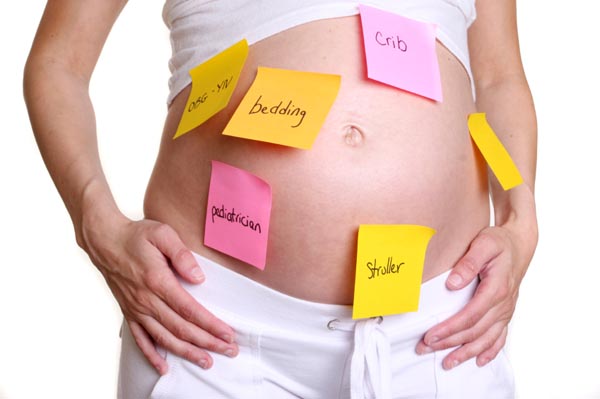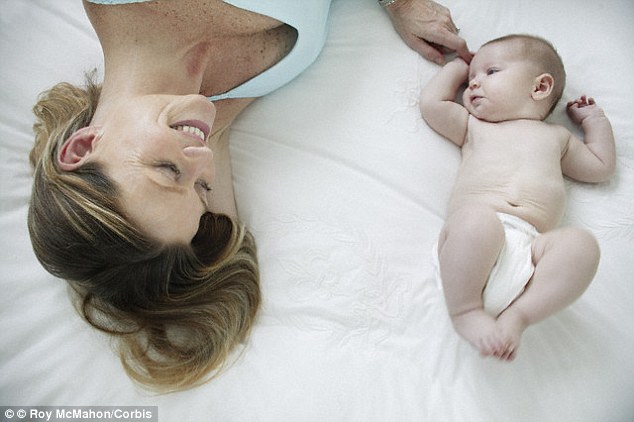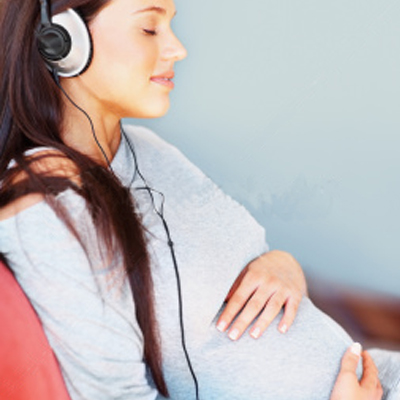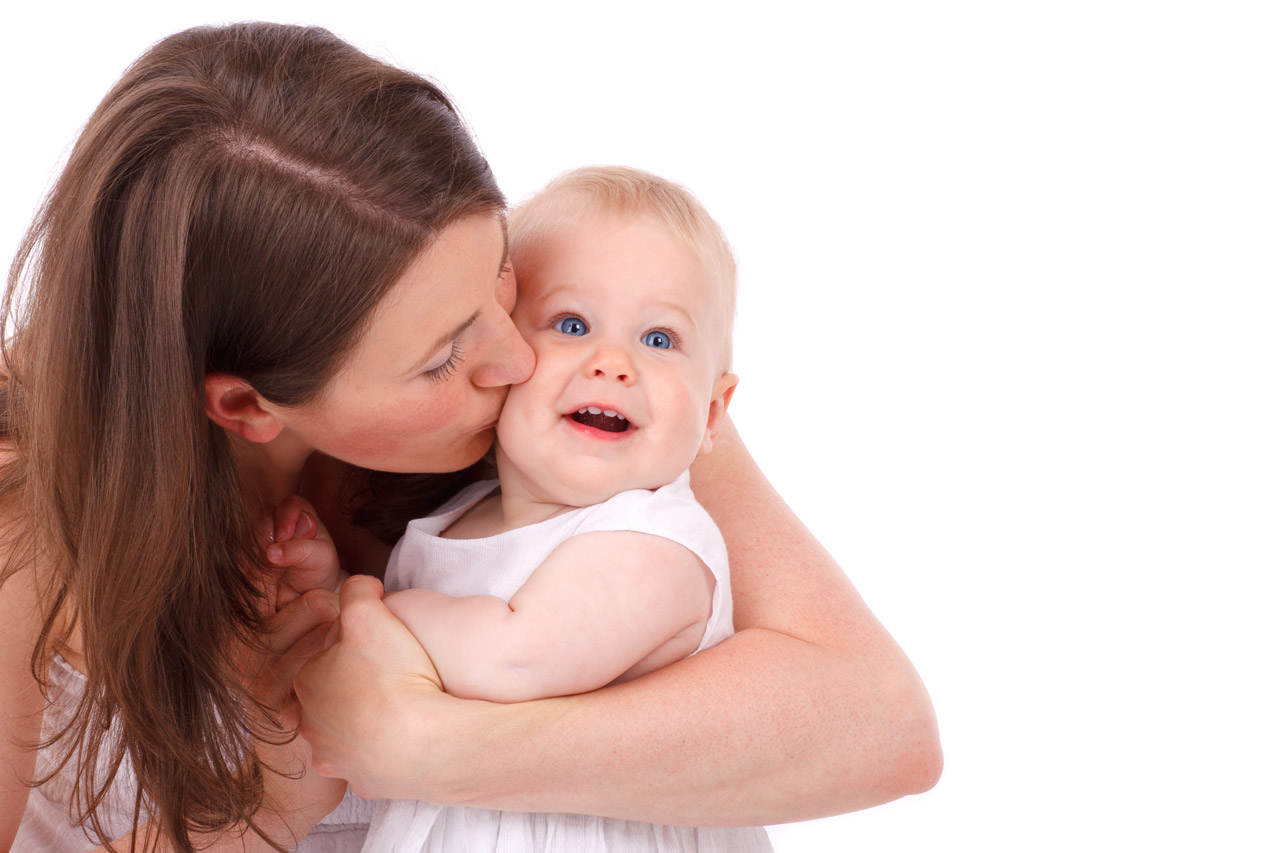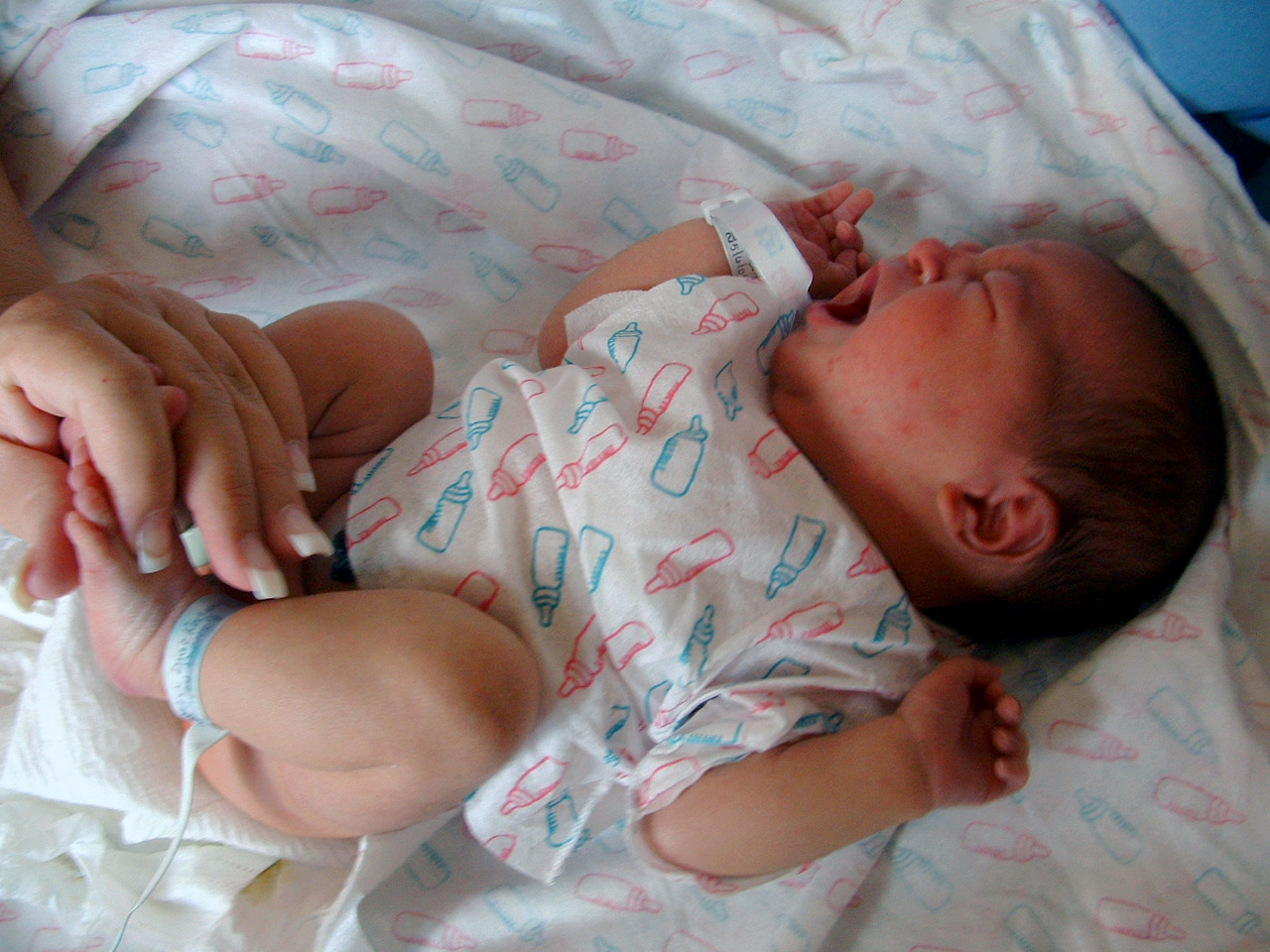'Baby Brain' DOESN'T Exist
Mothers-to-be who are feeling forgetful and a bit slow on the uptake may blame it on 'baby brain'. But in reality this doesn't exist, scientists claim. While those who are pregnant may believe their memory is worse than usual, a study has found that they perform just as well as other women in mental tests. And it doesn't just apply to memory. Other key skills, including attention span and spatial awareness, are equally unaffected by pregnancy.
With up to 80 per cent of pregnant women saying they suffer memory lapses, the finding could prove controversial. However, the US researchers say their aim is to give mothers-to-be a confidence boost. They said that there is a 'stereotype that your brain is going to turn to mush' when pregnant and that women should resist it. With previous studies into the existence of baby brain providing mixed results, the team from Brigham Young University in Salt Lake City set out to come up with a definitive answer. They put 21 mothers-to-be through a battery of mental tests a few weeks before their baby was due and again a couple of months after the birth. Another 21 women who weren't pregnant and had never had any children also completed the three-hour set of tests. There were no differences between the two groups in memory, thinking, attention span, organisational or spatial skills. Whether the tests were taken during pregnancy or when looking after a young baby, the women did just as well as those who had never been pregnant. However, when asked how they had performed, the pregnant women and new mothers thought they had done worse. They also said they had a lower quality of life and were less satisfied with their lot. Psychology professor Michael Larson, lead author of the study, said: 'I was surprised at how strong the feeling was that they weren't performing well.
'This feeling of, "I really am doing badly right now" exists despite the objective evidence that they aren't.' Writing in the Journal of Clinical and Experimental Neuropsychology, Professor Larson said that the expectation of baby brain may be so strong that a pregnant woman is extra-alert to memory lapses. So, although they happen no more than usual, she may notice them more and therefore think they do. Professor Larson said that women should realise that what they are feeling is all in their minds and if they believe their mind is working at full capacity, then it will. He said that he hoped pregnant women would hear about his research findings and these would 'improve their quality of life, improve how they are functioning – they might start believing in themselves'. Among those who have spoken out about their struggle with baby brain is actress Reese Witherspoon. In an interview the 39-year-old opened up about how she felt after the birth of her third child, Tennessee James, in 2012. She said at the time: 'Ever since I had the baby, I can't remember anything. Seriously, this child stole my brain. I'm losing friendships over forgetting to get back to people. 'But you can't keep up with everything. I've got a 13-year-old, a nine-year-old and a baby.' Other new mothers have said that lack of sleep and worrying about their child contributed to feeling scatterbrained. Doctors have said that surging hormones could contribute to the condition, as there is up to 40 times more progesterone and oestrogen in the body during pregnancy.
However, others say that having a baby may actually make a woman brighter. A study from Yale University in the US found that a woman's grey matter grows in the weeks and months after she gives birth. And it's the most doting mothers who experience the biggest burst of brain cells. It is thought the hormonal changes associated with having a baby supercharge the brain, helping to prepare women for the challenges of motherhood ahead. Written By Fiona Macrae Retrieved From:
|
|







